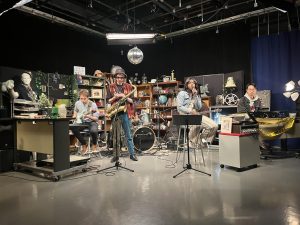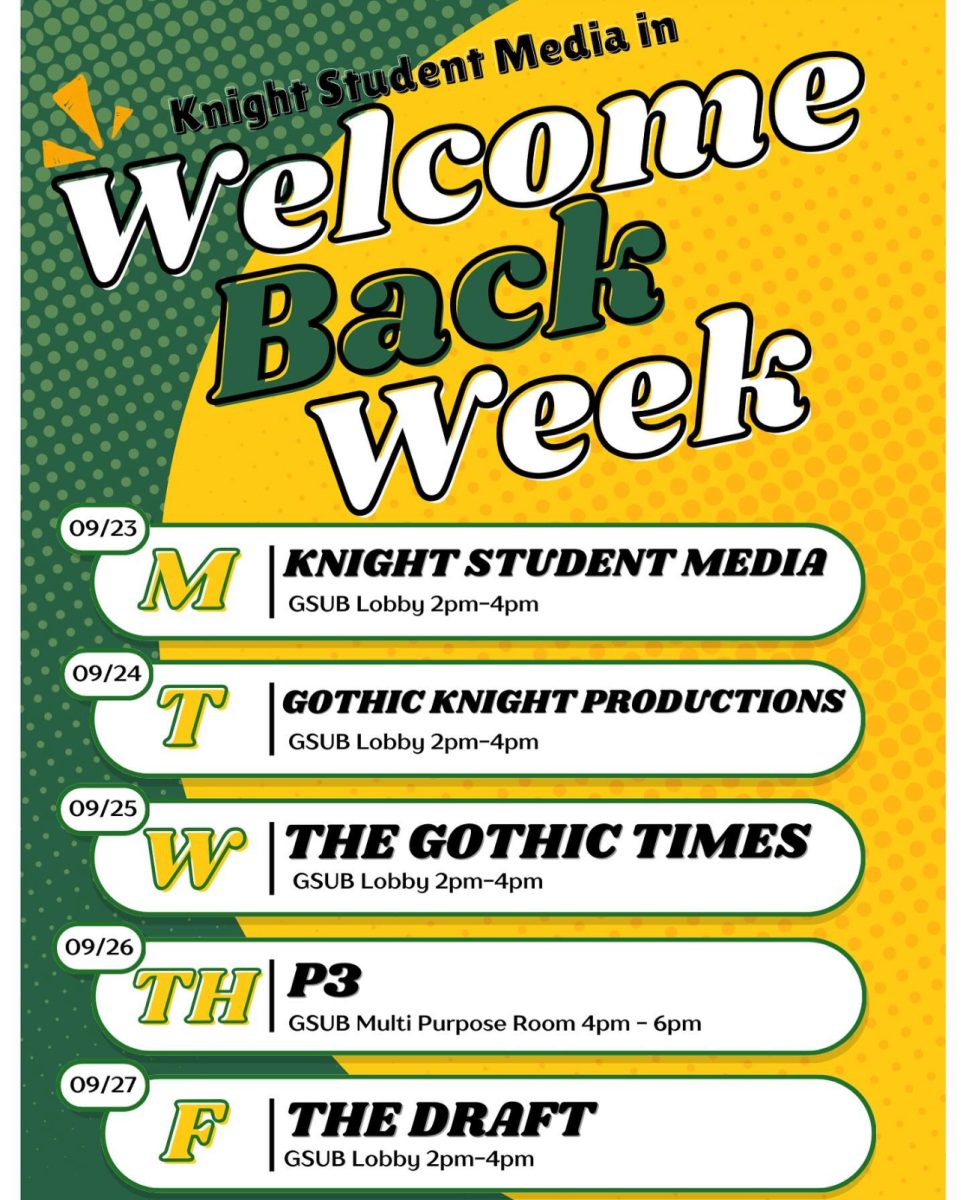It’s Friday night, ‘Proceed to party’
May 19, 2015
It’s everyone’s favorite time a week. Toby Keith is on the radio raising his red solo cup as you race home with the windows down, sunroof open, and wind blowing through your hair.
You’re thinking about your plans to kick off the weekend; the feeling of walking out of work on Friday evening never gets old.
You begin to singalong “let’s have a party, let’s have a party.”
That’s my ideal Friday, but instead I’m lying on the couch with chocolate Haagen-Dazs ice cream watching some awful cartoon that’s supposed to be funny.
It seems pretty boring, and on most Friday nights it is. At least tonight there’s some drama: the chocolate ice cream is now stained all over the brand new beige couch my mom has been begging everyone not to ruin.
Everyone I know is outside embracing the spring weather roll in or out on a date, including my boyfriend.
He’s out holding someone else’s hand. He’s out listening to someone else cry. He’s out driving around with someone else riding shotgun.
He’s one of the 600,000 EMTs in the United States.
While I’m wasting the night away with mind numbing television, he’s out making a contribution to the community.
Our Friday nights have one thing in common:
I’m not getting paid to be lazy and watch the night pass me by.
He’s not getting paid to be second sergeant and run the Friday night duty crew.
Unlike most ambulance companies, his squad doesn’t bill patients. A story by The New York Times shows just how expensive it can be to be transported for medical emergencies.
An ambulance ride can cost a patient anywhere from a couple hundred to a few thousand dollars. Even those on Medicare, on average, are billed between $289 and $481 per transport.
Thanks to private donations, the citizens in this small town have one less medical bill to worry about after treatment. Funding may not be in abundance and making ends meet isn’t always easy, but the commitment to the community outweighs profit.
Hardworking EMTs across the country are putting in long hours, and often times not seeing any pay. This isn’t a career you choose for the money, but rather passion.
It’s about holding the elderly woman’s hand on the way to the hospital because she needs to know someone cares about her.
It’s about listening to the helpless mother cry as her child has a seizure, something she’s never seen or experienced herself.
It’s about working with a crew you call family, the brother sitting in the passenger’s seat next to you as you rush on call.
So while I struggle to cover up the fresh chocolate stain on the couch, he’s out covering up a patient on a stretcher to bring to the hospital.
I lay back down on the couch, and Toby Keith is stuck in my head. “Proceed to party. Proceed to party.”
That’s just what I do: I go back to my ice cream, careful not to share anymore with the couch.
I’ll sleep through the night in my own bed; he’ll wake up on a short leather couch from a screeching tone at 4:30 a.m. requesting a crew to check on a woman who has accidently set off her Life Alert necklace in her sleep.











